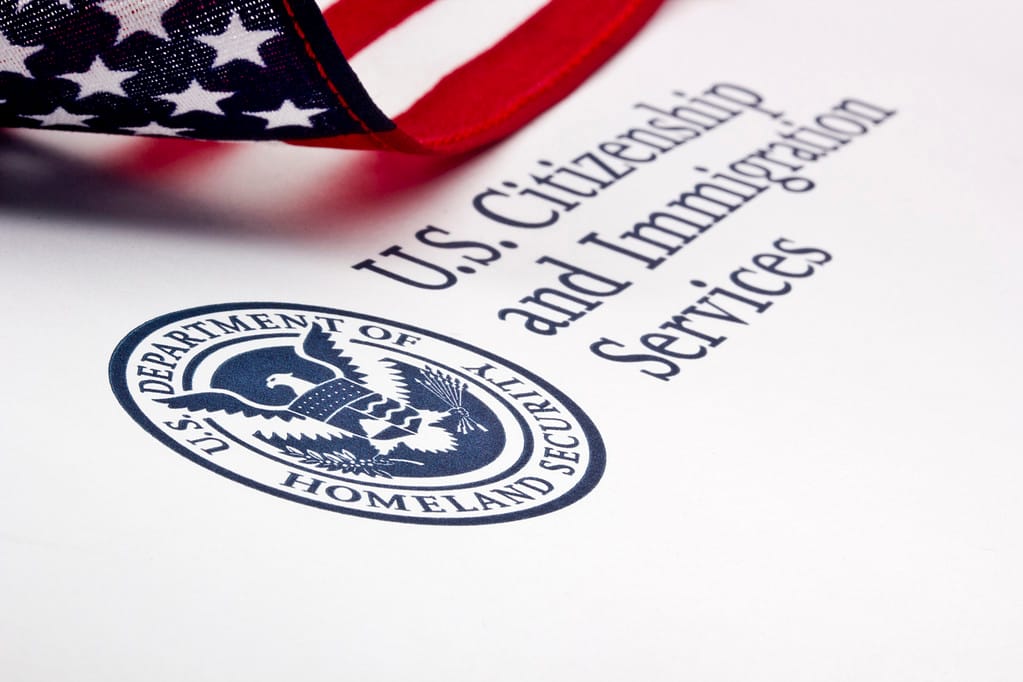Gregory Bovino, chief of the Border Patrol’s El Centro sector, has recently intensified immigration raids in California, notably in the agricultural communities of Kern County and the broader Los Angeles area. Following a controversial sweep in which nearly all 78 detained individuals lacked prior deportation records, a federal judge ruled the wide-net operation likely violated constitutional protections against unreasonable search and seizure. This legal decision issued an injunction that restricts similar actions, compelling agents to establish reasonable suspicion before conducting stops.
Despite legal setbacks, Bovino’s influence appears to be rising within the Trump administration, with the Homeland Security Secretary praising his tactics. The raids have sparked local backlash from community leaders and advocacy groups, including the ACLU, which has documented reports of aggressive operations targeting day laborers and farmworkers. Local economies, heavily reliant on these workforce groups, are concerned that such raids disrupt not only individual lives but also broader community stability.
The implications of Bovino’s actions underscore a significant political flashpoint in California, where immigration policy remains a polarizing issue. The state’s leadership and communities are challenged to navigate the tension between federal enforcement and local values, particularly given that many affected individuals are integral to the agricultural sector. As the situation develops, the potential for further legal challenges and community responses remains high, with advocates calling for protective measures against such federal actions.
Bovino’s determination to expand operations indicates a strategic focus on asserting federal authority in a region historically resistant to aggressive immigration enforcement. His rhetoric framing all undocumented individuals as “bad people” may exacerbate community tensions and fuel civil rights concerns, complicating the federal-local relationship in California.
Overall, the developments reflect a heightened enforcement climate that could redefine immigration discourse not only in California but potentially across the nation, as similar tactics may be replicated elsewhere without sufficient legal checks or community consent.
via calmatters.org


